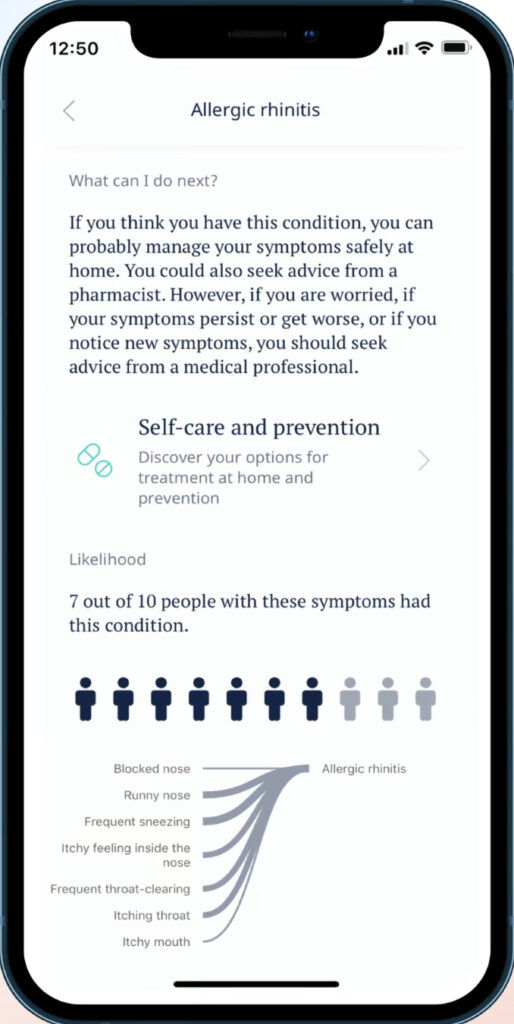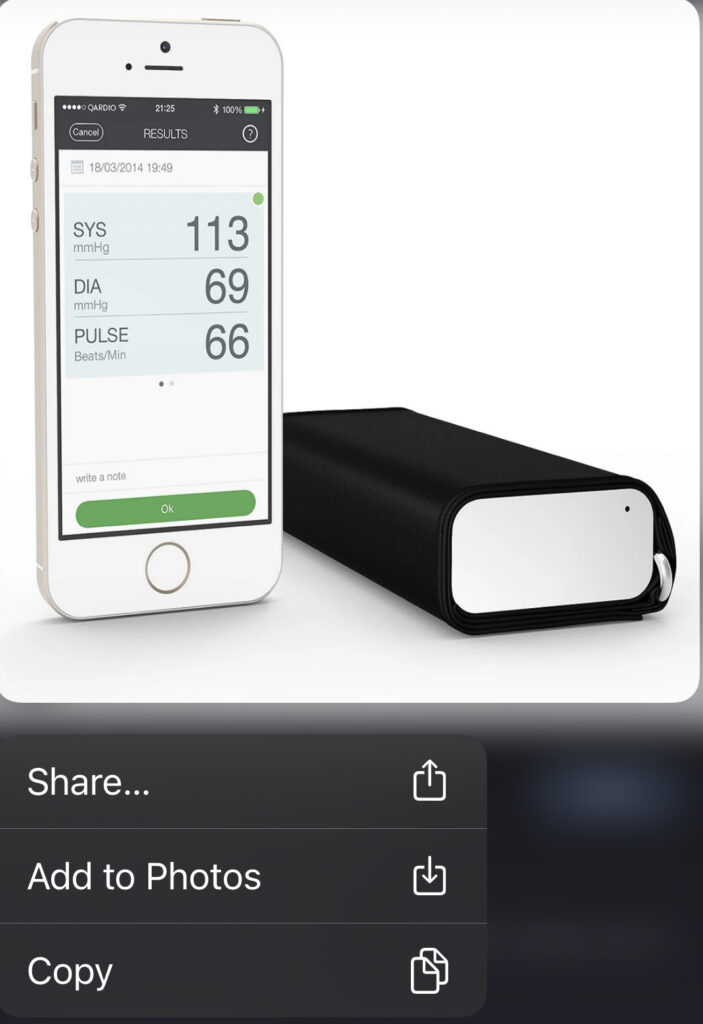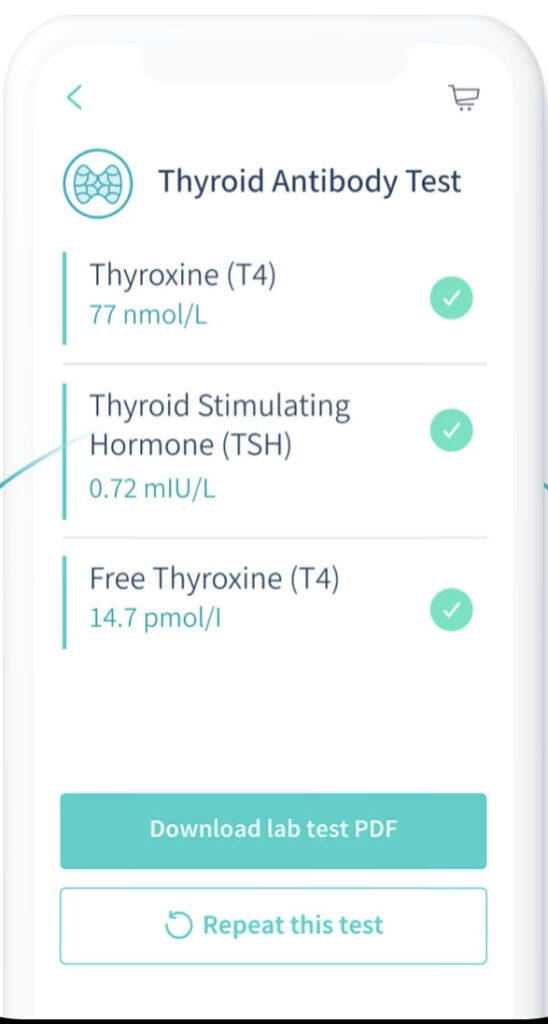Smart prognosis: home testing apps that will help you become healthier
Home health testing apps and devices are some of the smartest tech offerings to emerge from the pandemic. According to Google, last year, 54,546 healthcare and medical apps were available on the Play Store, showing an increase in demand for testing on the go. The booming European digital healthcare market was said to be worth 40 billion euros last year alone and continues to grow as further innovation develops.
Although millions of people across the globe use these innovative developments in technology, healthcare professionals continue to urge people to use them with caution. Experts recommend seeing the doctor due to different levels of unreliability; not all of them are endorsed by medical professionals. As a result, it’s advised to use smart home testing as an indicator rather than a diagnosis.
With this in mind, we took a look at the smartest home testing apps and devices (both paid for and free of charge) that can help you identify any lingering health issues.
Ada
With over 30 million symptom assessments, Ada is almost an online dictionary for all things health-related, from skin conditions to women’s health and pregnancy, sleeping problems, eye infections, and indigestion issues. This AI-powered app enables users to check their symptoms by answering Ada’s questions, with the answers generating a personalized report with details of possible causes. It’s estimated that over 13 million people use the Ada app, which doctors and scientists built. Free to download, it is available on both iOS and Android.
Qardio
Specializing in heart health monitoring tech, Qardio records and provides users with information specifically related to cardio health metrics. The app works alongside a range of paid-for Qardio devices, including a blood pressure armband, thermometer, ECG monitor, pulse oximeter and more. Not only can you track blood pressure, an irregular heartbeat, up to 12 body composition metrics, your weight, temperature, blood and oxygen, but you can also check your pulse rate. Although their devices will cost you, the app, which you can download for free through iOS and Android, can provide users with additional layers of information about heart health. You can even connect it to your Apple watch, and it also has a device sharing/multiple users option for families and friends to ensure everyone remains heart happy. With offices in San Francisco, London, and Amsterdam, Qardio shows no signs of slowing down, boasting over 100K downloads on Android alone.
LetsGetChecked
One of the most significant health home testing providers, LetsGetChecked, is a paid-for service which enables people to purchase up to 30 different kits online, with the opportunity to access results, order treatments, receive personalized assessments and more through their unique app. In operation in Ireland, the UK and the US, through LetsGetChecked, you can test and track your health results whilst receiving additional support on Android and iOS. Operated by medical professionals, it provides swift, CLIA-certified lab results. The home testing kit and the app have become well known for their ability to help detect infections, vitamin deficiencies, hormone imbalances and more.






Healthy.io
One of the most clever phone-transforming health tech devices we have come across, healthy.io turns your mobile into an active medical device which helps users manage their well-being. Based out of London, Boston, and Tel Aviv, it uses computer vision, AI and colourimetric analysis to transform smartphone cameras into clinical-grade medical devices. Working alongside their made-to-order testing kits, it features a number of services, from kidney monitoring, UTI testing and treatment and at-home urinalysis. Users register, and order kits online with advice and some prescriptions available to order through the app.
WebMD
Free to use and available on Android and iOS, WebMD enables users to research health conditions, check their symptoms and avail of treatment information. With the most up-to-date information on conditions available, WebMD’s app is fairly nifty. It also allows you to set up medication reminders, track allergies and find doctors online. With over 10 million downloads globally, it’s safe to say it has become one of the most used health apps around.
Infermedica Triage
One of the more basic apps, Infermedica Triage, works by encouraging users to enter their symptoms and answer questions before receiving an assessment. Also free to use on iOS and Android, it helps identify possible causes of pains and aches. It records a summary of present and absent symptoms before forming an AI-powered triage recommendation. It claims a ninety-three per cent accuracy rate and connects users with remote care options if no doctors are nearby. By providing simple language explanations, anyone anywhere can use it as a means of helping prevent more severe health issues in future.



